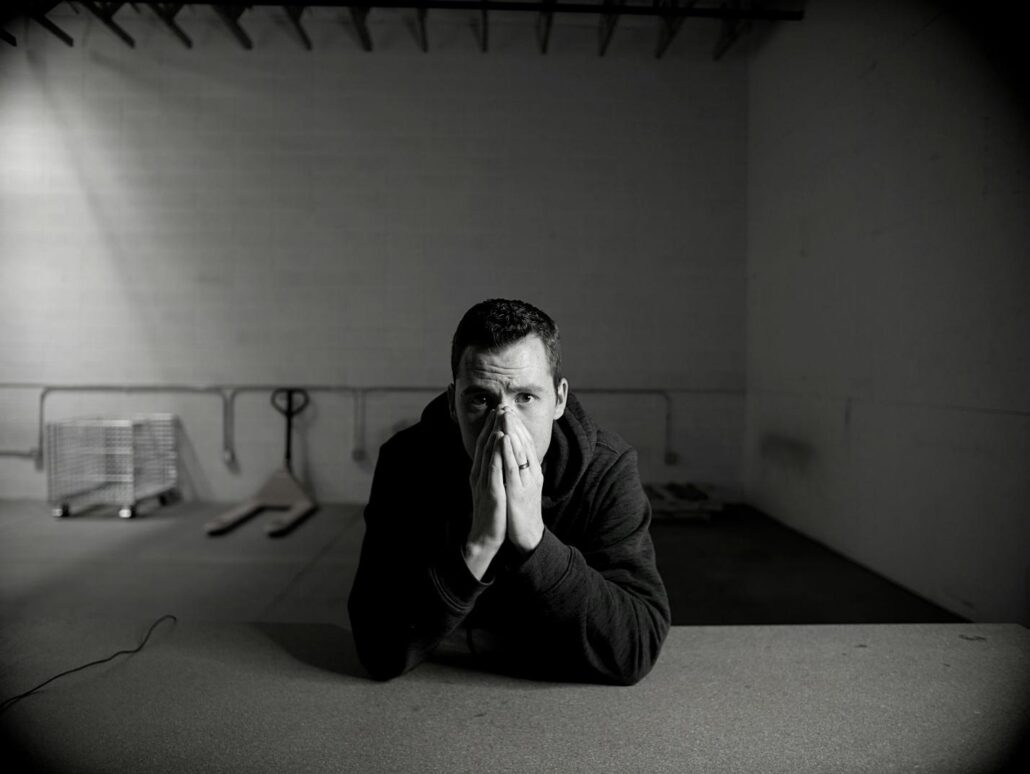Developing Healthy Connections: How Group Therapy Enhances Recovery
Group therapy is a powerful tool in the recovery process, providing a supportive environment where individuals can share experiences, gain insights, and foster meaningful connections. By participating in a group setting, people working toward recovery benefit from shared understanding and mutual encouragement, which significantly contributes to emotional healing and long-term sobriety from sexual addiction:
The Benefits of Group Therapy
- Creating a Sense of Belonging
One of the most valuable aspects of group therapy is the opportunity to connect with others who understand similar struggles. Feeling heard and validated in a nonjudgmental environment can reduce feelings of isolation, which often accompany addiction. Knowing you’re not alone can be a transformative step toward building trust and forming healthy relationships. - Learning Through Shared Experiences
Group therapy offers a space where individuals can share personal stories, challenges, and successes. Listening to others' experiences can provide practical strategies for managing triggers and setbacks. Additionally, hearing about others’ progress can inspire hope and motivation to continue on the path to recovery. - Building Communication Skills
Effective communication is essential for healthy relationships. Group therapy helps individuals develop these skills through active participation, listening, and providing constructive feedback. These interactions promote empathy and understanding, both of which are critical for repairing damaged relationships and maintaining sobriety. - Receiving Peer Support
The encouragement and accountability provided by group members are invaluable. This sense of shared responsibility fosters an environment where individuals feel motivated to stay committed to their recovery goals. Group therapy also helps participants realize the importance of offering support to others, which can reinforce their own progress. - Addressing Emotional Challenges
Discussing emotional struggles in a group setting allows individuals to process feelings of shame, guilt, or anger in a safe space. Group therapy sessions often include guidance from a therapist, who can help participants navigate these emotions and develop healthier coping mechanisms.
A Key Component of Recovery
Group therapy complements individual therapy by addressing the social and emotional aspects of recovery. It provides a platform to practice the skills learned during one-on-one sessions and apply them in a supportive group dynamic. This comprehensive approach enhances self-awareness, emotional resilience, and interpersonal relationships.
Strengthen Recovery with a Supportive Community
At Paradise Creek Recovery Center we understand the importance of connection in recovery. As one of the leading addiction treatment centers in Idaho, we offer group therapy as part of our inpatient sexual addiction treatment and other specialized programs. If you’re seeking support, whether through sex addiction treatment options or pornography addiction rehab, our team is here to guide you.
Contact us to learn more.

